Social Sciences
March 17, 2025
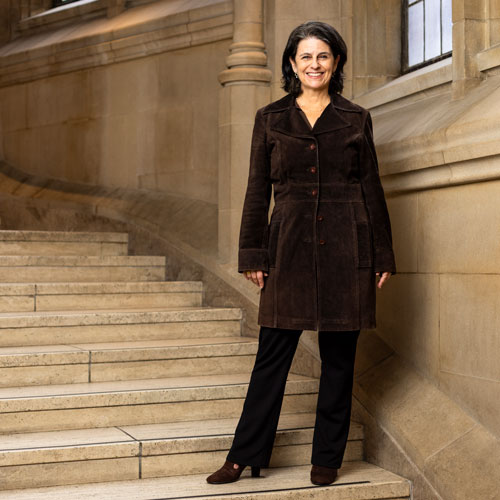
Nurturing the whole child
Researchers at the UW Center for Child & Family Well-Being create practical tools to improve mental health for parents, caregivers and young people.
December 6, 2024
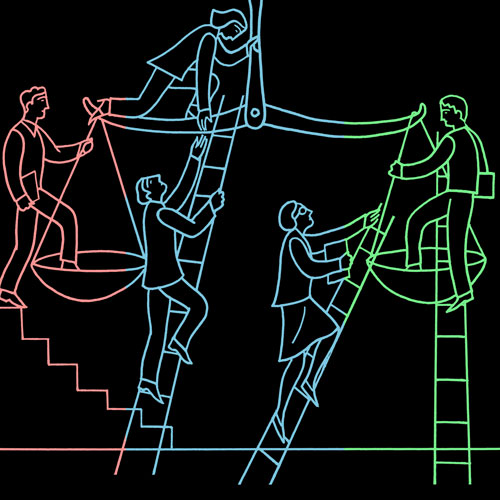
Access to justice
Tamara Lawson, dean of the UW's School of Law, lays out common barriers to justice—and how we can overcome them.
September 13, 2024
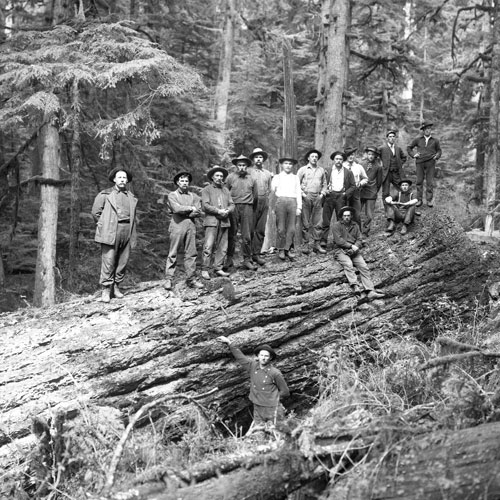
Making history
Historians and activists who studied at the UW made HistoryLink.org into a community resource that has proven successful and popular over its 25 years.
September 12, 2024

In tune with babies
UW researchers note that music enhances the neural response to speech in infants. They also discover that families are not talking or singing directly to their children as much as they thought.
June 6, 2024
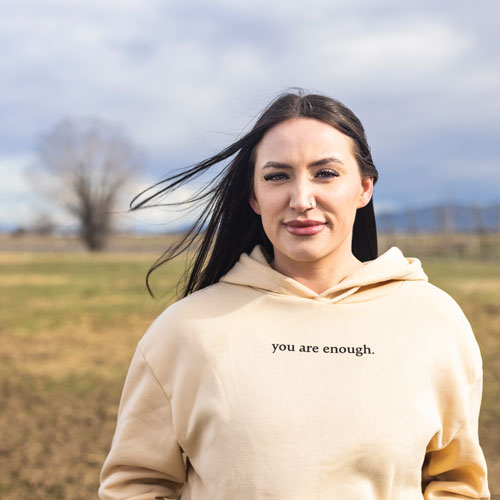
Coming home
Every time she returned to her home in White Swan, Nocona Abrams missed her community. So she decided to stay and make it even better.
May 31, 2024
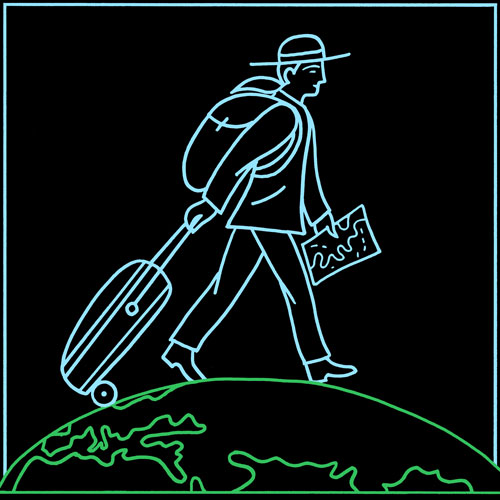
Finding new horizons
Anu Taranath, author and teaching professor in the departments of English and Comparative History of Ideas, shares an eye-opening experience from her recent travels.
April 25, 2023
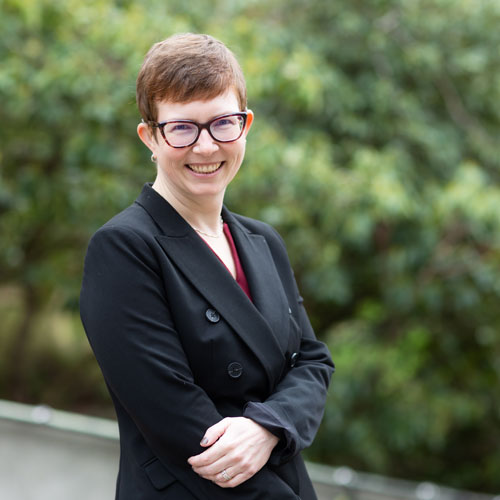
Signs of disability
Stephanie Kerschbaum explores how we notice, and sometimes don't notice, disability.
February 25, 2023
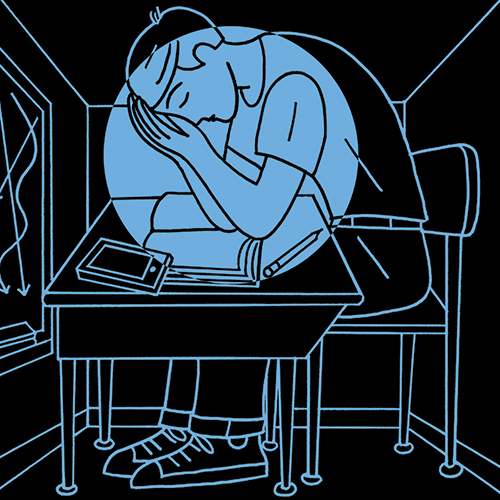
Helping youth in crisis
Schools are on the front lines of the mental health crisis. They need trained social workers and the resources to help kids who are suffering.
November 26, 2022
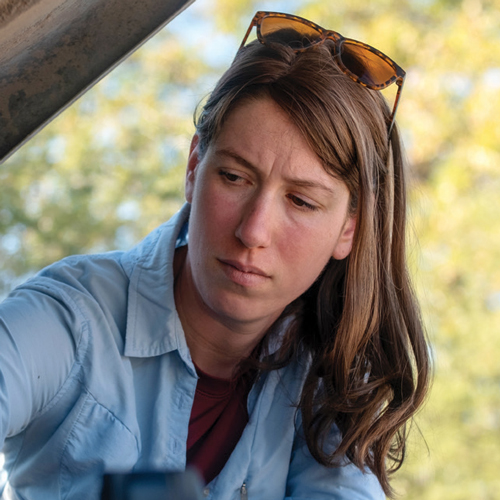
On the scene of change
In data and in the field, professor Briana Abrahms seeks ways for humans and wildlife to coexist as the climate changes.
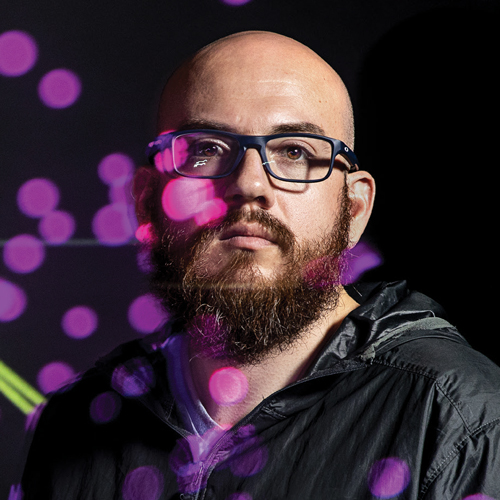
Behind the data
When doctoral student Horacio Chacón Torrico looks at public-health data, he sees the ‘forgotten’ people he wants to help.
November 3, 2022
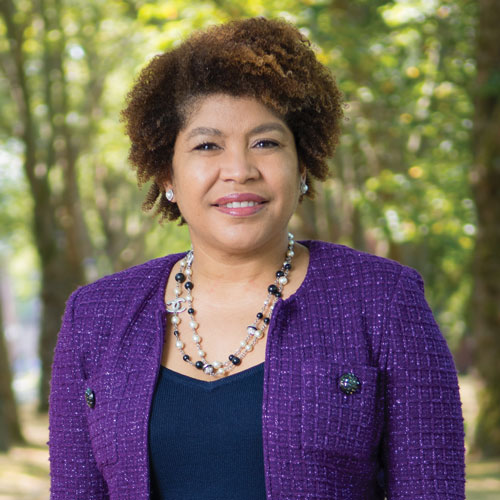
Tamara Lawson is the UW's new law dean
The UW’s new law dean wants to infuse social justice and civil rights throughout the law school curriculum.
September 9, 2022

Story of Black Seattle
Quintard Taylor tells the stories of Seattle’s small, but influential Black community.
May 29, 2022
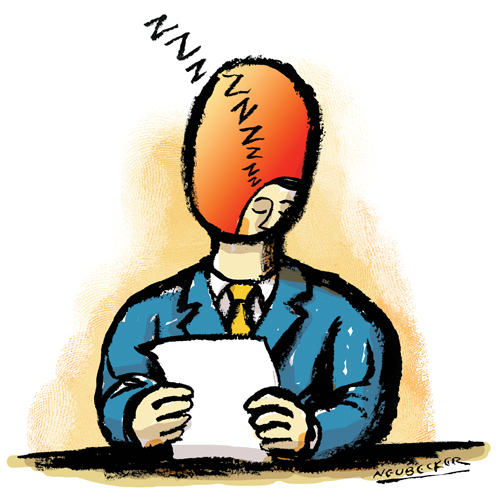
Better sleep, better work
As the pandemic reshapes how, when and where Americans work, research at the UW suggests we might want to hang on to some of the flexibility we enjoyed over the past two years.
March 5, 2022
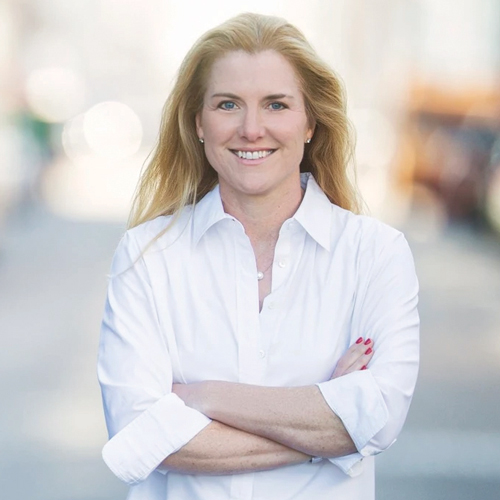
Living through history
UW history professor Margaret O’Mara shares her perspective on the pandemic and its echoes from the past.
Mental-health advice
The pandemic has taken a toll on the mental health of young people. A UW and Harvard University study found that adequate sleep, a daily routine and limited screen time could help.
February 14, 2022
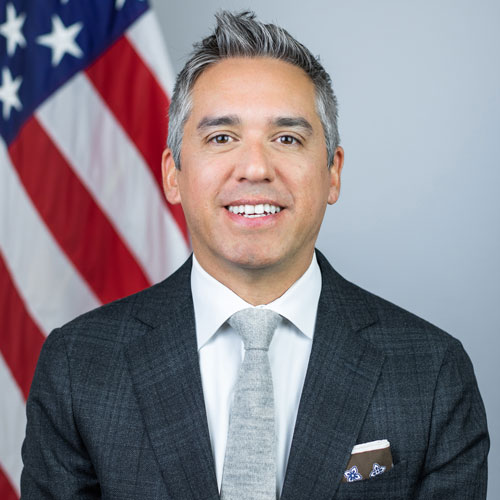
The power of representation
An El Paso native's journey to UW leads to a key position as the White House Deputy Cabinet Secretary — and a piece of political power.
December 4, 2021

Fruity, not healthy
Fruit drinks are often disguised as nutritious alternatives to soda. Researchers try to counter that narrative.
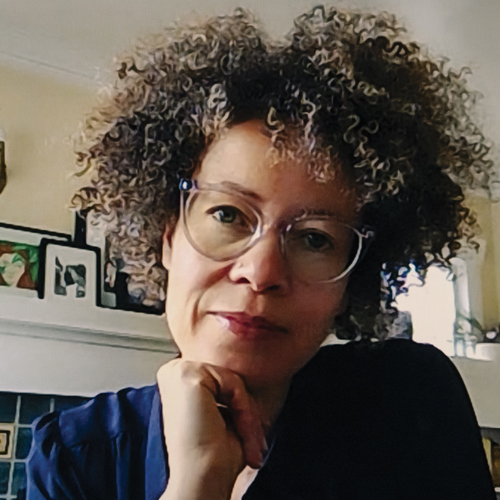
A call to action
Associate Professor Wendy Barrington, '12, brings a passion for health equity to her role as director of the Center for Anti-Racism and Community Health.
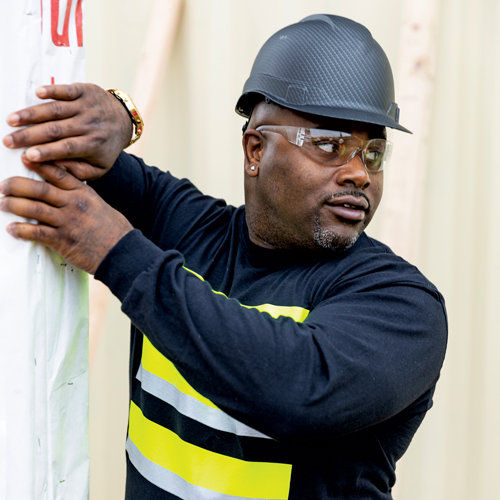
Legal relief
Longtime prisoners who received life and long sentences as minors benefit from a UW program that sends students and lawyers to help.

Fighting the infodemic
Twisted facts, fake news and social media spoofs can turn society upside down. One UW team is working to help us through the infodemic.